In the bustling markets of Lagos State, food prices surge continue to shake the foundations of household budgets across the region.
Over the past fortnight, essential food items have experienced a sharp increase in food prices, leaving consumers grappling with the implications. According to a comprehensive survey conducted by Prime Business Africa, the surge is undeniable.
Join our WhatsApp Channel“Prices are going up every day. It’s getting harder to afford necessities,” lamented Mrs. Alice, a mother of five, as she navigated the aisles of the Mushin market.
The statistics paint a stark picture. A carton of Minimie noodles has skyrocketed by a staggering 102.6%, while the cost of a large bag of melon seeds has surged from N220,000 to N270,000 within a mere two weeks.
And it’s not just these items – Bonita Slim Pasta, brown beans, white garri, Peak milk, Milo, yam, vegetable oil, eggs, Semovita, pepper, and tomatoes – all have witnessed significant price hikes.
READ ALSO: IMF Urges Nigeria To Boost Agriculture Inputs Amidst Soaring Food Prices
“The prices are becoming unbearable,” shared Malam Jubril, a pepper seller at Mile 12 market. “Transportation costs have risen, affecting the prices of goods coming from the north.”
Fueling the inflationary fire are multifaceted factors, including the removal of fuel subsidies, currency depreciation, security challenges disrupting food production, and the conclusion of the harvest season.
“It’s not just one thing causing the price increases; it’s a combination of factors,” noted a grain merchant at Daleko market. “Customers are struggling to afford their usual purchases.”
With the National Bureau of Statistics reporting a headline inflation rate of 31.70% in February 2024, up from the previous month’s 29.90%, the strain on household budgets is palpable.
“I used to allocate N100,000 for food monthly, but now it’s doubled,” revealed Mrs. Philip, a civil servant. “It’s affecting everything – from school fees to savings.”
In response to the crisis, consumers are adapting their shopping habits. “I now shop at discount markets to stretch my budget,” shared Farida Mustapha, a retailer at Oyingbo market. “But even there, prices are rising.”
As Nigerians grapple with the repercussions of the food price surge, concerns about food security and economic stability loom large. The implications extend beyond individual households to the broader economy, signaling a need for comprehensive solutions to address the root causes of the crisis.
The bi-monthly survey monitoring key food item costs serves as a vital tool in tracking these developments. With a focus on markets in Mushin, Daleko, Oyingbo, and Mile 12, the survey provides invaluable insights into the evolving dynamics of food pricing in Lagos State.
As the nation navigates these challenging times, the resilience of its people is put to the test. How they weather this storm will shape the trajectory of Nigeria’s economic future.
Emmanuel Ochayi is a journalist. He is a graduate of the University of Lagos, School of first choice and the nations pride. Emmanuel is keen on exploring writing angles in different areas, including Business, climate change, politics, Education, and others.
- Emmanuel Ochayihttps://www.primebusiness.africa/author/ochayi/
- Emmanuel Ochayihttps://www.primebusiness.africa/author/ochayi/
- Emmanuel Ochayihttps://www.primebusiness.africa/author/ochayi/
- Emmanuel Ochayihttps://www.primebusiness.africa/author/ochayi/

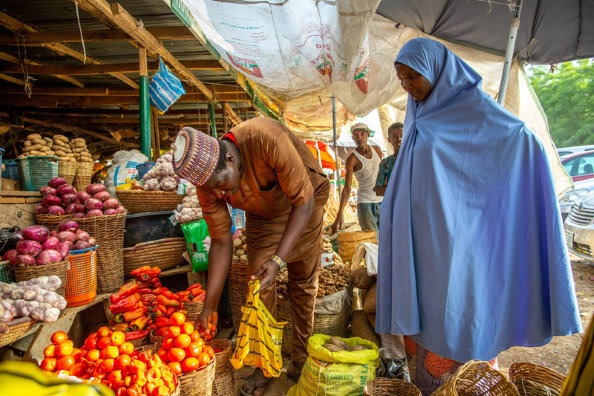



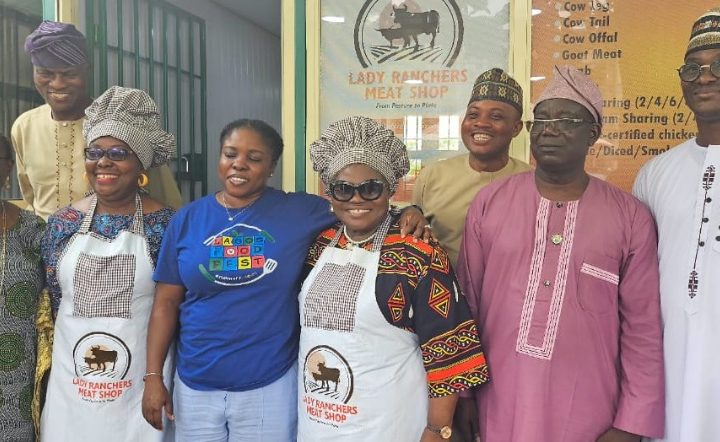

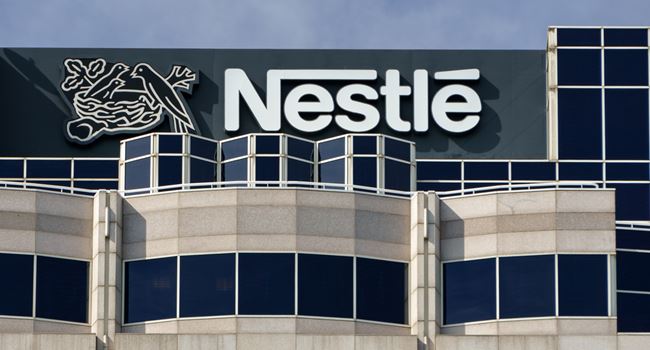








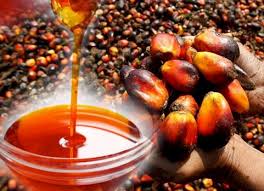

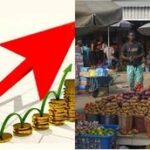
Follow Us